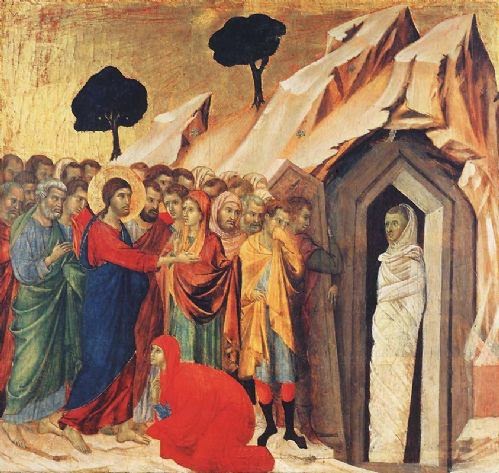Homily for the 28th Sunday in Ordinary Time, October 10, 2021, Year B

Fr. René J. Butler, M.S. La Salette Missionaries of North America Hartford, Connecticut ( Click here for Sunday’s readings ) The answer is: A quiz show in which three well-read persons with excellent memories and reasonably good reflexes compete to win the most money. The correct question is: What is Jeopardy! ? Because they know and remember a lot of stuff, the contestants are considered really smart. They usually appear to be intelligent as well, which is not necessarily the same thing. They are clever. But, are they wise? They may well be, but this is not a requirement; in fact, since wisdom implies a capacity to ponder, it could even be a disadvantage, when rapid recall is of the essence. Which is better—to be well-read and clever (and maybe win lots of money), or to be wise? Today’s readings leave us in no doubt. Wisdom comes first; the rest may or may not follow. Where is wisdom to be found? Our spontaneous, common-sense response would be: “from experience, of cour
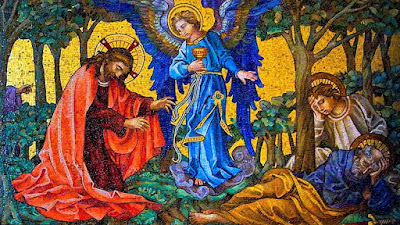
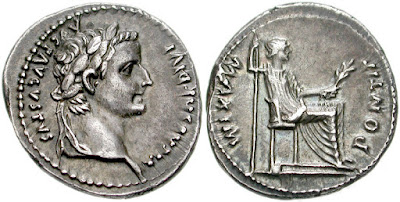
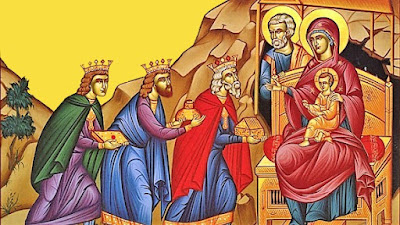
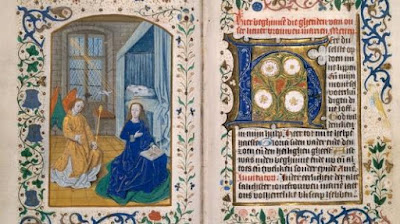
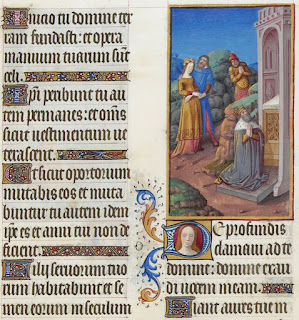



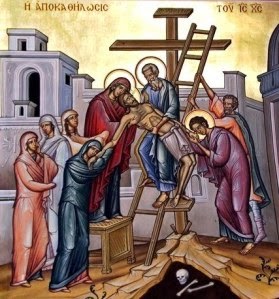.jpg)
